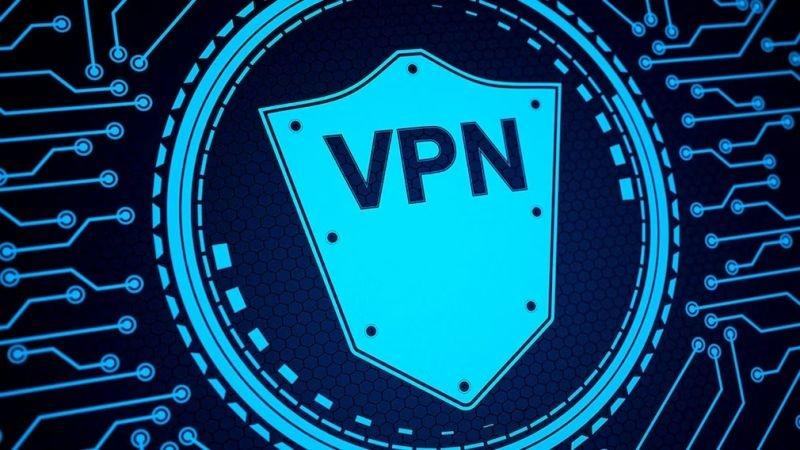What is a VPN and how virtual private networks work
The Internet has become an integral part of our daily lives, and with it comes the need for security and privacy. Virtual Private Networks (VPNs) are becoming increasingly popular as a way to protect our online activities. In this essay, we will look at how VPNs work, their technical aspects, and the benefits and limitations of using them for personal and business Internet use.

A Virtual Private Network (VPN) is a secure connection between two devices or networks over the internet. The purpose of a VPN is to provide a secure and private connection that allows users to access the Internet anonymously. VPNs are used to protect sensitive information such as passwords, credit card details and other personal information from hackers, cyber criminals and other intruders. VPNs also allow users to bypass geographical restrictions and access content that is blocked in their region.
The technical workings of VPNs, including encryption and tunneling protocols.
VPNs work by encrypting data transmitted between two devices or networks, making it unreadable to anyone who intercepts it. The encryption process involves converting the data into a code that can only be read by the intended recipient. The most common encryption protocols used in VPNs are AES, RSA, and SHA. In addition, VPNs use tunneling protocols to secure the data being sent. The most popular tunneling protocols are OpenVPN, L2TP/IPsec, and PPTP. The benefits of using a VPN for personal and business Internet use are numerous. For personal use, VPNs provide privacy and security by allowing users to access the Internet anonymously and protect sensitive data. For businesses, virtual private networks can provide employees with remote access, allowing them to work from anywhere while maintaining secure connections to the company network. However, VPNs also have limitations, including slower internet speeds and the potential for performance degradation.
In conclusion, Virtual Private Networks (VPNs) have become an important tool for protecting our online activity. They provide a secure and private connection that allows users to access the Internet anonymously, bypass geographical restrictions, and protect sensitive information from malicious users. While VPNs have their limitations, the benefits they provide make them a valuable tool for personal and business Internet use.
If you need a good VPN client to work and surf the web, check out VPN for Android and VPN for Windows PC.

Add comment